Market Analysis
In-depth Analysis of Track Geometry Measurement System Market Industry Landscape
The Track Geometry Measurement System (TGMS) market is characterized by a set of dynamic forces that significantly influence its trajectory. One of the key market dynamics is the increasing focus on safety within the railway industry. As rail networks expand globally, there is a growing awareness of the need for accurate and timely track inspections to ensure the safety and reliability of train operations. The demand for advanced TGMS solutions is driven by a commitment to preventing accidents and minimizing disruptions in rail transportation.
Technological advancements contribute substantially to the market dynamics of TGMS. With the integration of sophisticated sensors, data analytics, and artificial intelligence, modern TGMS can provide real-time, comprehensive insights into the condition of railway tracks. This technological evolution enhances the precision and efficiency of track inspections, enabling early detection of potential issues. As a result, railway operators are increasingly adopting advanced TGMS solutions to benefit from these technological enhancements, thereby influencing the market dynamics positively.
Government regulations and policies play a pivotal role in shaping the market dynamics of TGMS. Many countries have stringent regulations in place to ensure the safety and quality of railway infrastructure. Compliance with these regulations is not only a legal requirement but also a crucial factor in the decision-making process for railway authorities and operators. The evolving regulatory landscape continually influences the market, driving the adoption of TGMS solutions that meet or exceed industry standards.
The trend towards railway electrification is another significant dynamic impacting the TGMS market. As more regions transition from traditional diesel-powered trains to electric ones, the need for precise track geometry measurements becomes paramount. Electric trains are more sensitive to variations in track geometry, making accurate and timely inspections crucial. The market dynamics of TGMS are thus influenced by the broader trend of electrification as the industry seeks solutions that align with the unique requirements of electric rail systems.
Infrastructure development projects, particularly in emerging economies, contribute to the market dynamics of TGMS. Rapid urbanization and population growth necessitate the expansion and modernization of rail networks. Governments and private entities investing in new rail projects recognize the importance of incorporating advanced track inspection systems like TGMS from the outset. This not only ensures the long-term efficiency of the rail infrastructure but also drives the demand for TGMS in the market.
Competition among market players is a dynamic force shaping the TGMS market. The presence of established manufacturers and the entry of new players create a competitive environment where companies strive to innovate and differentiate their offerings. This competition fosters technological advancements and product developments, providing customers with a range of options to choose from based on their specific needs. The competitive landscape influences pricing strategies, product features, and overall market trends.
Market dynamics are also influenced by the economic considerations of end-users. Budget constraints and the overall economic health of the regions play a significant role in the decision-making process for adopting TGMS solutions. Companies that can provide cost-effective yet reliable systems stand to benefit in such economic landscapes, influencing the market dynamics in their favor.

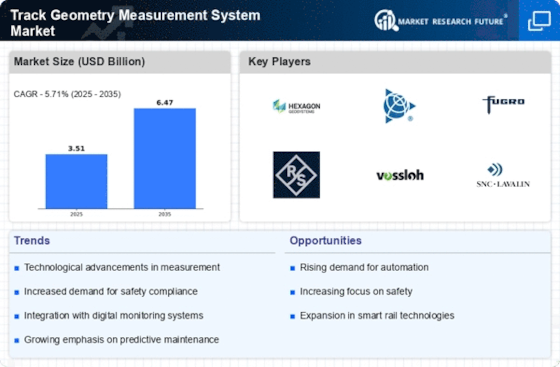
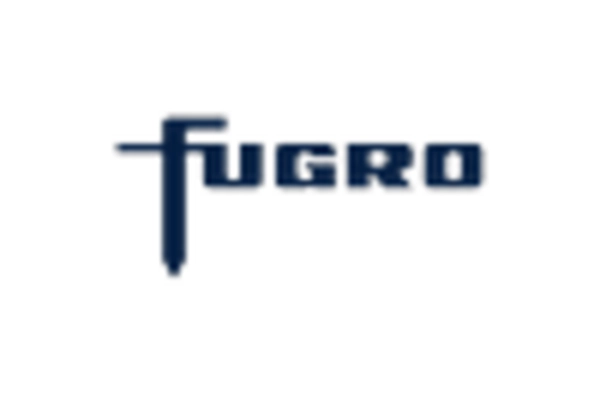
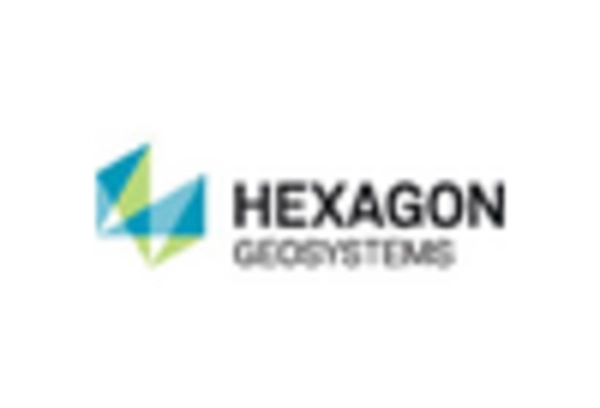
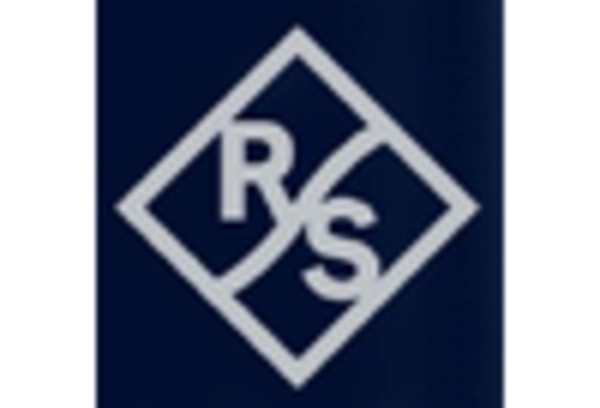
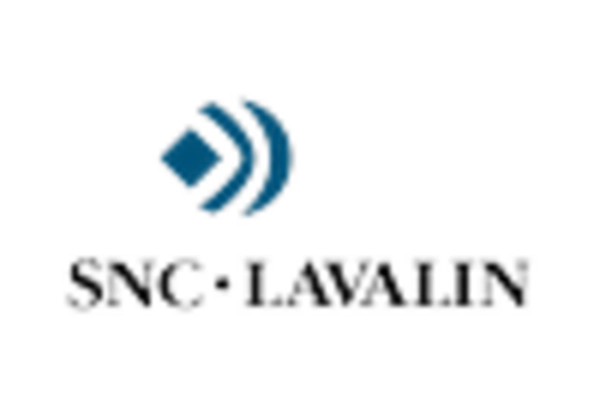

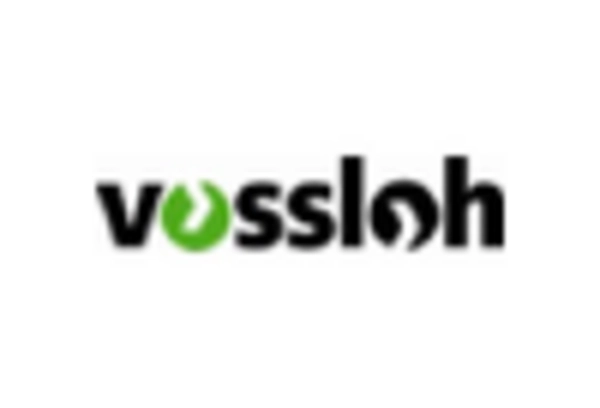









Leave a Comment